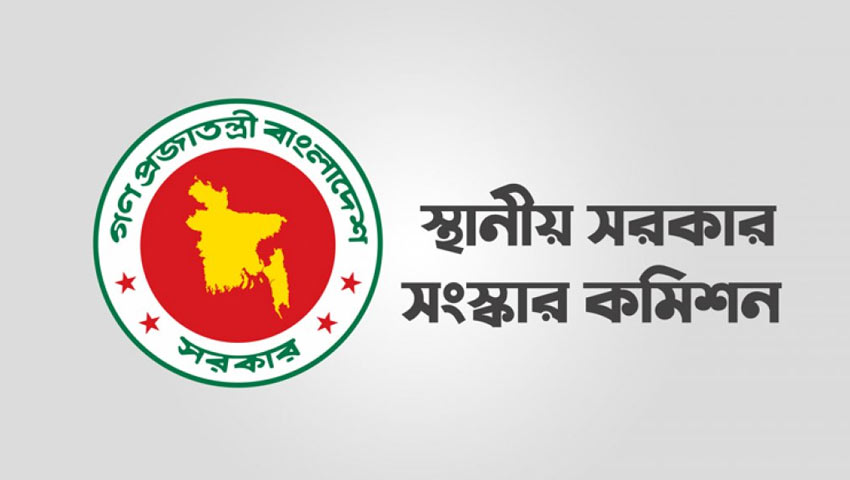Published: / Times Read

After the July mass upheaval, there were effectively no local government institutions in the country. The Local Government Reform Commission believes it is now possible to hold simultaneous elections for all local government institutions.
This recommendation was included in the preliminary report published by the Local Government Reform Commission on Saturday (22nd February).
The report states that a new, transparent framework can be created for local elections. Otherwise, there could be legal complexities related to the expiration of terms for many institutions before elections. The debate over introducing a parliamentary system within local governance has been ongoing, but no opportunity had previously arisen. Now, such an opportunity has been created. By March/April 2025, an ordinance could be passed to create two consolidated local government laws for five institutions. Elections for all Union Councils, Upazila Councils, Municipalities, City Corporations, and District Councils, both in plain and hilly areas, could then be held by June 2025.
The proposed "Local Government Commission" is expected to complete detailed work on this matter before April. However, this will only be feasible if a consensus is reached between the government, political parties, and the Election Commission on national elections.
The report further mentions that by amending the laws, the elections for the three hill district councils could also be concluded by June 2025.
The report speci fies that each union will have a minimum of 9 wards and a maximum of 30 wards, with the number of wards determined based on population. Each Upazila and District Council election will consist of three wards. Each union will have three to five wards. The report adds that no administrative or executive powers will be held by any wards at the union, upazila, or district level. Ward members will perform their legislative duties in their respective councils.
For the election of general members of district, upazila, union, municipality, and city corporations, government and private employees will be allowed to participate in the elections, subject to the authority's permission. However, if an elected member is a working employee, they will not be able to contest any permanent position in the council. They will only perform their duties as members of general meetings, sessions, or standing committees.
The report proposes a clear and transparent election system, where elections for the union, municipality, and city corporation will be held under the same schedule. Each voter will receive one ballot paper for their respective union, municipality, and city ward, one for the upazila, and one for the district. Voters will cast their votes using three separate ballots (or more, as applicable) for each category.
The report further suggests that after 1972, five separate laws and numerous regulations have been introduced for five local government institutions. These laws and regulations could be abolished, and two consolidated local government laws, along with the necessary rules, could be created to establish inter-institutional relationships and cooperation between all councils. By creating these two laws, the organizational structure of the five local government institutions will adopt the same parliamentary system. This will simplify the election process, saving both time and cost.